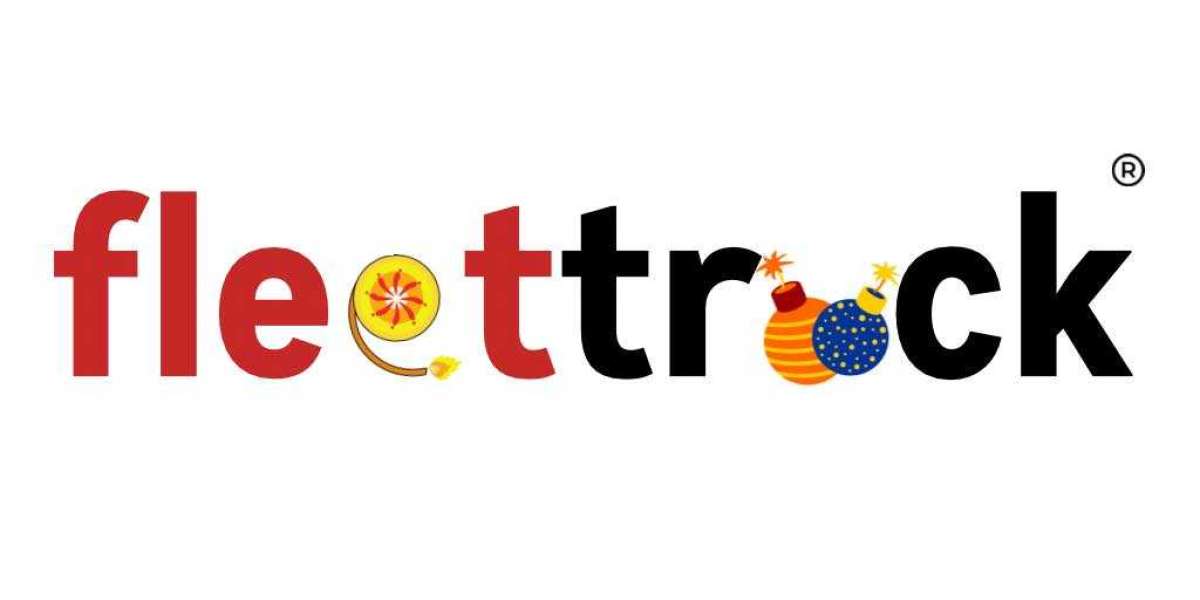Medical billing In Florida is a crucial aspect of healthcare. It ensures that providers are compensated for their services. In Florida, specialty-specific medical billing is becoming increasingly important. Different medical specialties have unique billing requirements. Let's explore this trend in detail.
What is Specialty-Specific Medical Billing?
Specialty-specific medical billing tailors billing processes to particular medical fields. Each specialty has distinct procedures and codes. Accurate billing requires knowledge of these specifics. This ensures proper reimbursement and reduces errors.
Importance of Accurate Billing
Accurate billing is vital for healthcare providers. It affects their revenue cycle. Incorrect billing can lead to claim denials. This delays payments and impacts cash flow. Specialty-specific billing improves accuracy. It ensures that claims are correctly submitted the first time.
Common Specialties in Florida
Florida has a diverse healthcare landscape. Common specialties include cardiology, oncology, orthopedics, and dermatology. Each of these fields has unique billing challenges. Understanding these challenges is crucial for efficient billing.
Cardiology Billing
Cardiology involves complex procedures. These include heart surgeries and diagnostic tests. Cardiology billing requires knowledge of specific codes. Accurate documentation is essential. Coders must be familiar with cardiology terms and procedures. This ensures proper billing and reimbursement.
Oncology Billing
Oncology focuses on cancer treatment. This specialty involves chemotherapy, radiation, and surgery. Oncology billing includes multiple services and providers. Coders must understand treatment plans and protocols. Accurate billing is critical for covering expensive treatments.
Orthopedic Billing
Orthopedics deals with bones and muscles. It involves surgeries, physical therapy, and rehabilitation. Orthopedic billing requires detailed documentation. Coders must know orthopedic terminology and procedures. This includes joint replacements and fracture treatments.
Dermatology Billing
Dermatology focuses on skin conditions. It includes treatments for acne, eczema, and skin cancer. Dermatology billing involves many procedures. These range from biopsies to cosmetic treatments. Coders must be familiar with dermatology-specific codes. This ensures accurate billing.
Challenges in Specialty Billing
Specialty billing comes with challenges. Each specialty has unique codes and procedures. Staying updated with coding changes is crucial. Regulatory requirements vary by specialty. Compliance is essential to avoid penalties.
Importance of Training
Training is crucial for specialty-specific billing. Coders need specialized knowledge. Continuous education is important. Professional certification can enhance skills. Organizations like AAPC and AHIMA offer relevant courses. Certified coders are more proficient and accurate.
Technology in Specialty Billing
Technology plays a significant role. Electronic Health Records (EHR) systems streamline documentation. Billing software simplifies the billing process. These tools help in accurate coding and claim submission. They also reduce administrative workload.
Outsourcing Specialty Billing
Outsourcing is a growing trend. Many providers outsource billing to specialized firms. These firms have expertise in different specialties. Outsourcing can reduce errors and improve efficiency. It also allows providers to focus on patient care.
Benefits of Specialty Billing
Specialty billing offers several benefits. It improves accuracy and reduces errors. This leads to faster reimbursements. Specialty billing enhances compliance with regulations. It also improves patient satisfaction by reducing billing issues.
Compliance and Regulations
Compliance is critical in medical billing. Regulations vary by specialty. Coders must stay updated with changes. Compliance ensures accurate billing and avoids legal issues. Regular audits can help maintain compliance.
Patient Communication
Effective patient communication is important. Clear billing statements reduce confusion. Patients appreciate transparency. This improves patient satisfaction and trust. It also enhances the provider-patient relationship.
Revenue Cycle Management
Revenue Cycle Management (RCM) is essential. It involves managing the entire billing process. From patient registration to final payment, RCM ensures efficiency. Specialty-specific billing improves RCM. It enhances financial performance and stability.
Impact on Healthcare Providers
Specialty billing impacts healthcare providers significantly. Accurate billing improves financial health. It ensures that providers are fairly compensated. This allows them to invest in better patient care. It also reduces administrative stress.
Future Trends in Specialty Billing
The future of specialty billing looks promising. Technology will continue to evolve. Artificial Intelligence (AI) can enhance billing accuracy. Predictive analytics can improve claim submissions. The focus on compliance will increase. Continuous education and certification will be vital.
Challenges and Solutions
Specialty billing will face challenges. Keeping up with coding changes is difficult. Training and education can address this. Compliance issues require constant attention. Regular audits and updates can help. Technology integration will be essential.
Importance of Collaboration
Collaboration is important in specialty billing. Providers, coders, and billing firms must work together. Effective communication improves accuracy. It ensures that all parties are aligned. This leads to better billing outcomes.
Patient-Centric Billing
Patient-centric billing is a growing trend. It focuses on the patient experience. Clear and accurate billing statements are crucial. Transparent communication builds trust. This trend enhances patient satisfaction.
The Role of Payers
Payers play a significant role in specialty billing. Insurance companies have specific requirements. Understanding these requirements is essential. Effective communication with payers reduces claim denials. It ensures smoother reimbursements.
The Need for Flexibility
Flexibility is key in specialty billing. Each specialty has unique needs. Billing processes must adapt accordingly. Flexible systems and workflows improve efficiency. They ensure accurate and timely billing.
Conclusion
Specialty-specific medical billing is crucial in Florida. It ensures accurate billing and proper reimbursement. Different specialties have unique challenges and requirements. Training, technology, and collaboration are essential. Embracing these elements can enhance billing accuracy and efficiency. Specialty billing supports better financial health for providers. It ultimately leads to improved patient care and satisfaction.






